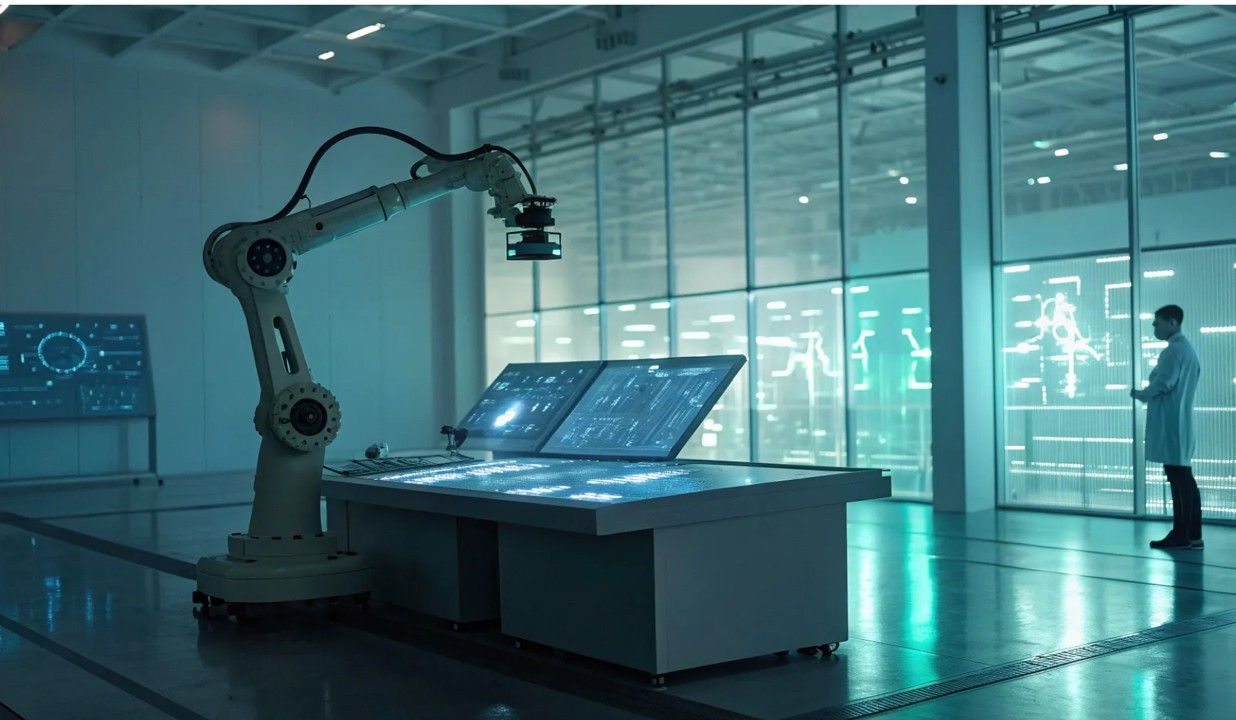The integration of Artificial Intelligence (AI) into business process automation stands as a monumental shift, heralding a new era of efficiency, productivity, and innovation. Our latest article delves into the transformative power of AI in business process automation, exploring its impacts, challenges, and the foreseeable future of this synergy.
The Advent of AI in Business Processes
Business process automation (BPA) has long been a cornerstone for enhancing efficiency in organizations. With the advent of AI, BPA has transcended traditional boundaries. AI algorithms, powered by machine learning and data analytics, are now capable of handling complex tasks that go beyond simple automation. They can learn from data, make decisions, and even predict future trends.
Enhanced Efficiency and Accuracy
One of the primary impacts of AI in business process automation is the significant enhancement in efficiency and accuracy. AI systems can process vast amounts of data at speeds unattainable by humans. For instance, in finance, AI can automate and streamline invoice processing and payroll, reducing the time and errors associated with human intervention. In customer service, chatbots and virtual assistants, powered by AI, provide fast and accurate responses to customer inquiries, improving customer experience while freeing human agents to handle more complex issues.
Predictive Analytics and Decision Making
AI's ability to analyze large datasets has brought predictive analytics to the forefront of business strategy. By identifying patterns and trends in data, AI can forecast future outcomes, aiding in more informed decision-making. For example, in supply chain management, AI can predict inventory requirements, helping businesses optimize stock levels and reduce holding costs.
Personalization and Customer Experience
The era of one-size-fits-all is fading rapidly, thanks to AI. Personalization has become a key competitive advantage in business. AI algorithms analyze customer data and behavior to offer personalized recommendations and services. This level of personalization not only enhances customer experience but also increases customer loyalty and sales.
Automation of Cognitive Tasks
AI is not just automating routine tasks but also cognitive tasks that require learning and decision-making. AI systems are now being used for tasks like credit scoring, where they assess credit risk more accurately than traditional methods. In healthcare, AI algorithms assist in diagnosing diseases by analyzing medical images with a level of precision that complements human expertise.
Challenges and Considerations
While AI brings numerous advantages, it also presents challenges. One significant concern is the ethical implications, including privacy issues and the potential for bias in decision-making. Ensuring that AI systems are fair, transparent, and respect privacy is crucial.
Another challenge lies in the integration of AI into existing systems. Many businesses struggle with outdated infrastructure that is not conducive to the seamless integration of AI technologies. Additionally, there is a growing need for skilled professionals who can manage and interpret AI systems.
The Future of AI in Business Process Automation
The future of AI in business process automation is bound to be more integrated and intuitive. Advances will lead to more sophisticated and autonomous systems capable of handling complex tasks with minimal human oversight. The integration of AI with other emerging technologies like the Internet of Things (IoT) and blockchain is expected to unlock new possibilities in automation.
As AI continues to evolve, we anticipate a shift towards more human-centric AI systems. These systems will not only automate tasks but also enhance human capabilities and creativity, leading to a collaborative environment where humans and AI work in tandem.
As businesses continue to embrace AI, it is crucial to foster an environment of continuous learning and adaptation. Navigating the future will require a blend of technological prowess, strategic foresight, and a commitment to ethical and responsible AI use, ensuring that the journey of AI in business process automation is as rewarding as it is revolutionary.
By implementing a workflow automation, businesses that want to stay competitive, can. Get excited to streamline operations, reduce errors, and enhance customer satisfaction levels. Book a demo today to learn how you can take advantage of workflow automation.







